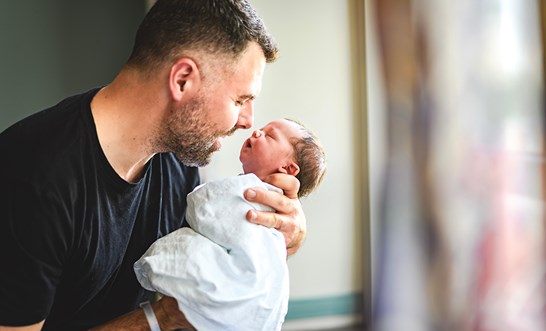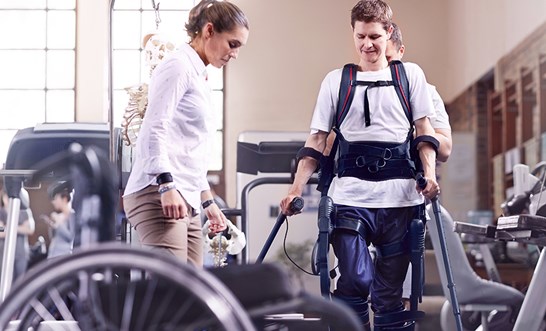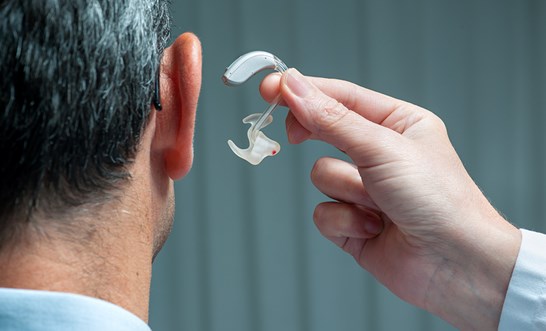
NSW case review: Electrician’s contractor licence denied but granted on appeal
In June 2025, we assisted an electrician in NSW who had been denied a contractor’s licence. With our assistance, our client obtained a great outcome and was ultimately granted a licence with minimal conditions.

TPD benefit paid out five years after initially being denied
We assisted our client with three separate TPD claims over six years ago. At that time, two of the claims were accepted with one being declined in 2019. After 5 years and a request for review, we secured a successful outcome of the third claim.

Big win – first time father entitled to paid parental leave as primary carer
Case review - Hall Payne Lawyers is delighted to have assisted a first-time father to recover his entitlement to paid parental leave as a primary carer and non-birth parent.

Workers’ compensation entitlements for construction workers in Queensland
Construction sites expose workers to many potential hazards, including those related to manual handling, working at heights, interacting with electrical systems and operating near large moving machinery. For those injured on the job, worker’s compensation is a vital safeguard which can provide essential support and financial relief.

Do I have to tell my employer about my criminal record?
This blog looks at the circumstances where you are required to disclose a criminal record to your employer and what protections are available to you in your employment if you do have a criminal record.

Common law claims after a workplace injury in Queensland
Common law claims in personal injury offer a pathway for individuals to seek and obtain compensation for loss caused by another party’s negligence. For workers who have been injured on the job, understanding your rights to pursue a common law claim for workplace injuries is essential to ensuring you receive the compensation you are entitled to.

Professional conduct; maintaining boundaries between health professionals and patients
The health professional/patient relationship isn’t a friendship; it’s a therapeutic relationship directed by the patient’s health needs. There are professional boundaries to be maintained.

A guide to IMEs in workers’ compensation claims Queensland
If you're navigating the workers' compensation system in Queensland, you may receive notice to attend an Independent Medical Examination (IME). Understanding what this means for you and your rights as an injured worker is crucial for managing your claim effectively.

Your right to sue for personal injury in Queensland
If you have suffered personal injury and loss due to the negligence of another person or entity, you may have entitlement to sue for common law damages, to recover compensation for the injuries sustained.

Working in the heat – workers’ compensation and employee rights in Queensland
Occupations which require employees to work in hot or humid environments can cause serious health risks. Heat related illness should be taken seriously by employers as workers who suffer health related illnesses may be entitled to workers’ compensation benefits as a result of the injury.

Steps to take after a workplace injury in Queensland
After a workplace injury, we understand that it is a difficult time in your life and quite stressful. However, along with looking after your health and wellbeing, it is also important to be aware of your workers’ compensation rights and entitlements.

Industrial deafness claims in NSW
If you’ve worked in a noisy industry in NSW and you have hearing loss, you may be entitled to worker’s compensation through an industrial deafness claim. A successful industrial deafness claim can assist with the cost of hearing aids and also lump sum compensation.
